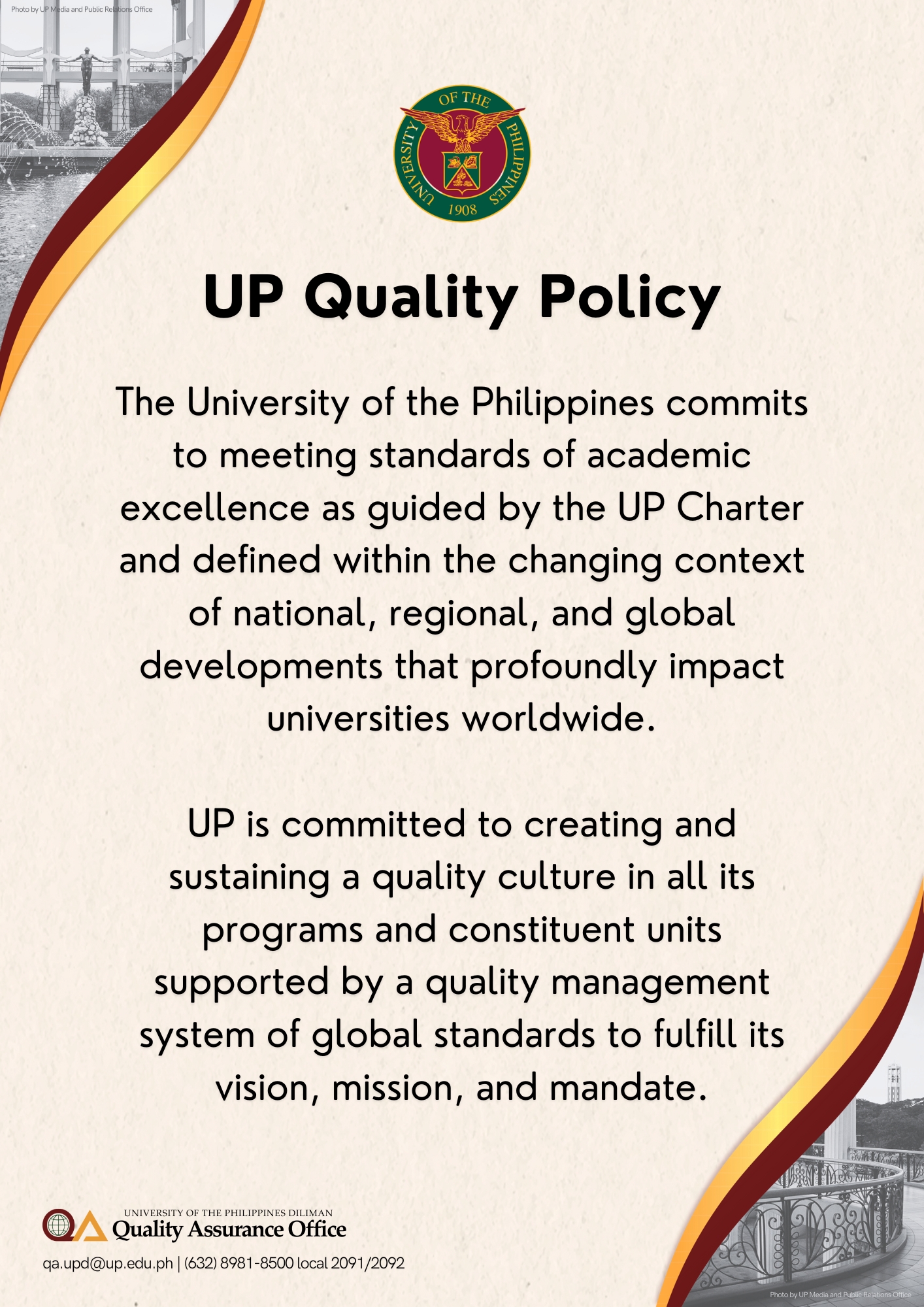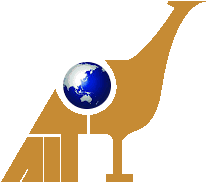
Giovanni Francis A. Legaspi, MIR
Assistant Professor
Corporate social responsibility in tourism, employment relations in tourism, tourism human capital, indigenous peoples and tourisgalegaspi@up.edu.ph
This material has been reproduced and communicated to you by or on behalf of University of the Philippines pursuant to PART IV: The Law on Copyright of Republic Act (RA) 8293 or the “Intellectual Property Code of the Philippines”. The University does not authorize you to reproduce or communicate this material. The Material may contain works that are subject to copyright protection under RA 8293. Any reproduction and/or communication of the material by you may be subject to copyright infringement and the copyright owners have the right to take legal action against such infringement.
| Year | Bibliograpic Information |
| 2022 | Legaspi, G. F. A., & Dela Santa, E. D. (2022). Partnerships Towards Sustainability: The Revival of Boracay’s Wetlands. In Asian Tourism Sustainability (pp. 19-38). Singapore: Springer Nature Singapore. |
| 2019 | Cruz, R. G. & Legaspi, G.F.A. (2019). Boracay beach closure: The role of the government and the private sector. In Overtourism: Issues, realities, and solutions, Dodds, R. & Butler, R. (eds.) |
| 2019 | Legaspi, G. F. (2019). Flexible Work and Work Life Balance in the Embroidery Businesses in Lumban, Philippines. Philippine Journal of Labor and Industrial Relations. Quezon City, Philippines: UP School of Labor and Industrial Relations |
| 2018 | Legaspi, Giovanni Francis., Oral Presentation. 2018. Tourism and labor migration: The case of Little Italy in Mabini, Batangas, Philippines. 24th Asia Pacific Tourism Association Conference (APTA)/ July 30, 2018. Shangrila Hotel, Mactan, Cebu, Philippines [Research Presentation] |
| 2018 | Legaspi, Giovanni Francis., Oral Presentation. 2018. Status: Alienable and Disposable? The true state of Boracay. 2018 Philippine Research Conference on Tourism and Hospitality (PRCTH 2018). Holiday Inn, Baguio City, Philippines [Research Presentation] |
| 2017 | Legaspi, Giovanni Francis., Oral Presentation. 2017. Flexible work and work life balance in a tourism enterpise; The case of work practices in embroidery business in Lumban, Philippines. 7th International Conference on Tourism , ICOT 2017, Chiang Mai, Thailand . June 28-July1 2017 [Research Presentation] |
| 2017 | Legaspi, Giovanni Francis., Oral Presentation. 2017. Understanding the commodification of community festivals: The case of Giant Lantern Festival in San Fernando City, Pamapanga. Philippine Research Conference on Tourism and Hospitality (PRCTH 2017), Richmonde Hotel , Eastwood, Quezon City, Philippines. October 26-28, 2017 [Research Presentation] |
| 2016 | Legaspi, Giovanni Francis., Oral Presentation. 2016. Student encounters with Philippine embroidery in a tourism destination: The case of Lumban, Laguna. 2016. Travel and Dialogue: Life Beyond Tourism International Workshop. Florence, Italy. November 14-18, 2016. [Research Presentation] |
| 2015 | Rodriguez, C. P. & Legaspi, G. F. A. (2015). Student Encounter with Philippine Embroidery in a Tourism Destination: The Case of Lumban, Laguna. Social Science Diliman: A Philippine Journal of Society & Change 11(1) |
Lorem Ipsum is simply dummy text of the printing and typesetting industry. Lorem Ipsum has been the industry's standard dummy text ever since the 1500s, when an unknown printer took a galley of type and scrambled it to make a type specimen book. It has survived not only five centuries, but also the leap into electronic typesetting, remaining essentially unchanged. It was popularised in the 1960s with the release of Letraset sheets containing Lorem Ipsum passages, and more recently with desktop publishing software like Aldus PageMaker including versions of Lorem Ipsum.
Lorem Ipsum is simply dummy text of the printing and typesetting industry. Lorem Ipsum has been the industry's standard dummy text ever since the 1500s, when an unknown printer took a galley of type and scrambled it to make a type specimen book. It has survived not only five centuries, but also the leap into electronic typesetting, remaining essentially unchanged. It was popularised in the 1960s with the release of Letraset sheets containing Lorem Ipsum passages, and more recently with desktop publishing software like Aldus PageMaker including versions of Lorem Ipsum.
Lorem Ipsum is simply dummy text of the printing and typesetting industry. Lorem Ipsum has been the industry's standard dummy text ever since the 1500s, when an unknown printer took a galley of type and scrambled it to make a type specimen book. It has survived not only five centuries, but also the leap into electronic typesetting, remaining essentially unchanged. It was popularised in the 1960s with the release of Letraset sheets containing Lorem Ipsum passages, and more recently with desktop publishing software like Aldus PageMaker including versions of Lorem Ipsum.
Frequently Asked Questions
Have a question in mind? We listed down some of the Frequently Asked Questions to help and guide you. If you have further questions not covered in this FAQ, please send us an inquiry through daa.ait@up.edu.ph
FAQS
How to apply in the BS Tourism Program?
To be eligible in the BS Tourism Program, you need to pass the UP College Admission (UPCA)/UP College Admission Test UPCAT).
For students who are planning to shift or transfer to the BS Tourism program, you must have completed 30 units of coursework (if you are from other UPD units or other UP campus) or 33 units of coursework (if you are from other college and university)
The documentary requirements can be found here.
For more information and other queries, send an email with your concern to asianinstituteoftourism.upd@up.edu.ph
Are there scholarship offerings for UPAIT students? The graduate program of UPAIT offers the MSTDM scholarship award, with one awardee annually. For other scholarship opportunities for BS Tourism and Graduate Program, visit the UP Diliman Office of Scholarships and Grants Facebook Page: https://www.facebook.com/UPDilimanOSG
The UP AIT Alumni Association also offers an educational assistance in cash to deserving third and fourth year students.
The application process is conducted online. Please ensure that you have read and understood the program details before submitting your application here. Once you have completed the application requirements, you can now proceed to submit your application.
For questions or concerns, please contact the Graduate Program office at aitgradprog.upd@up.edu.phFull-time GDipTDM students, taking a normal load, may complete the degree in three semesters (approximately 1.5 years). The time limit for the completion of all diploma requirements shall be no more than two (2) years starting from the student’s first enrollment in the course and shall include all leaves of absence from the program.
If GDipTDM graduates choose to continue to MSTDM, you must complete an additional 19 units (Plan A, thesis track) or 16 units (Plan B, non-thesis track), which may be taken in two semesters and one mid-year term. The time limit for the completion of the Master’s requirements shall be three (3) years, starting from the student’s first enrollment in the course and shall include all leaves of absence from the program.
Students and prospective applicants are requested to search for available grants or scholarships at the University of the Philippines Office of Scholarships and Student Services.
For list of available scholarships visit the website of the University of the Philippines Office of Student Scholarships.
Contact Us
Get in touch
Please ensure to schedule and coordinate your visit in advance before proceeding to our campus.
Location:
UP Asian Institute of Tourism, Commonwealth Avenue, Diliman, Quezon City 1101
Email:
asianinstituteoftourism.upd@up.edu.ph
Call:
(+63 2) 8 981 8500 extension #2798
AIT Directory:
Visit here

